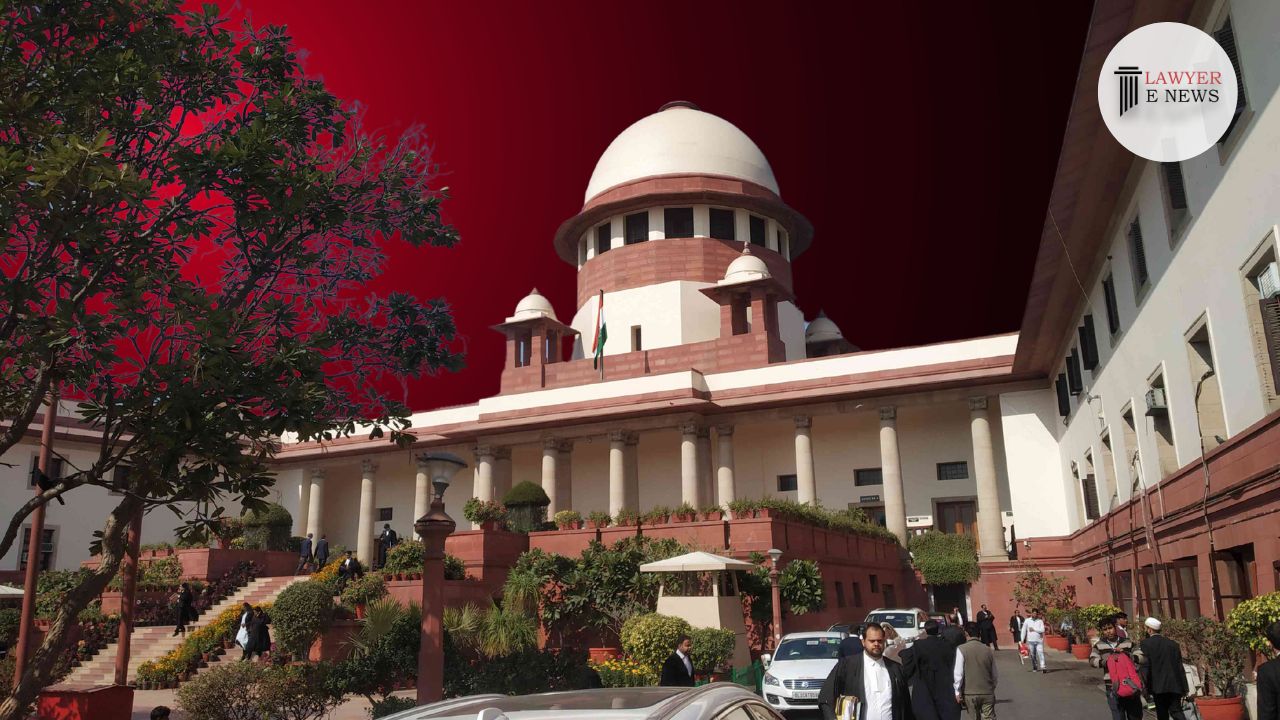-
by Admin
15 February 2026 5:35 AM



The petitioner, Rakshit Shivam Prakash, qualified in the Prelims, Mains, and Interview stages of the 2014 Civil Services Examination. However, he was declared "temporarily unfit" due to a Body Mass Index (BMI) of 31.75, which exceeded the prescribed standard of 30 BMI. Despite being scheduled for a re-medical test on July 14, 2015, Prakash did not attend, believing the selection process was complete when his name did not appear in the final result published on July 4, 2015. Later, when a reserve list was published on January 19, 2016, Prakash found that candidates ranked lower than him were allocated services, prompting him to seek legal redress.
The Court acknowledged the petitioner’s oversight in not attending the re-medical test on July 14, 2015. It noted that while Prakash’s assumption that the process was complete was unfortunate, he still missed an opportunity that could have been crucial for his selection.
The judgment referenced the case of Mr. K. Rajashekhara Reddy, who was similarly placed but later granted relief by the Supreme Court after a re-medical examination. The Court found a "commonality" in both cases but also noted the unique circumstances of each. Prakash, who was 35 years old and had exhausted all attempts for the Civil Services Examination, sought similar relief after learning about Reddy's case.
The Court reasoned that while it was inclined to provide relief, it could not overlook the considerable time lapse and the petitioner’s initial failure to avail the re-medical opportunity. Therefore, the Court exercised its powers under Article 142 of the Constitution to allow a re-medical examination, emphasizing that this was an exceptional decision made to do complete justice in this specific case.
Justice Pamidighantam Sri Narasimha remarked, "This is an exceptional case in which we have exercised our jurisdiction under Article 142 of the Constitution of India to do complete justice and as such the present decision shall not be treated as a precedent in any case."
The Supreme Court’s decision grants the petitioner a second chance at the medical examination, nine years after the initial process. However, it denied his request for retrospective allocation to the 2014 Civil Services batch, stating that any potential appointment would not include seniority or other benefits associated with the 2014 batch. The judgment underscores the Court’s willingness to intervene in unique cases while maintaining a clear boundary on the scope of its rulings to prevent them from setting general precedents.
Date of Decision: August 2, 2024
Rakshit Shivam Prakash vs. Union of India and Anr.
